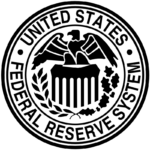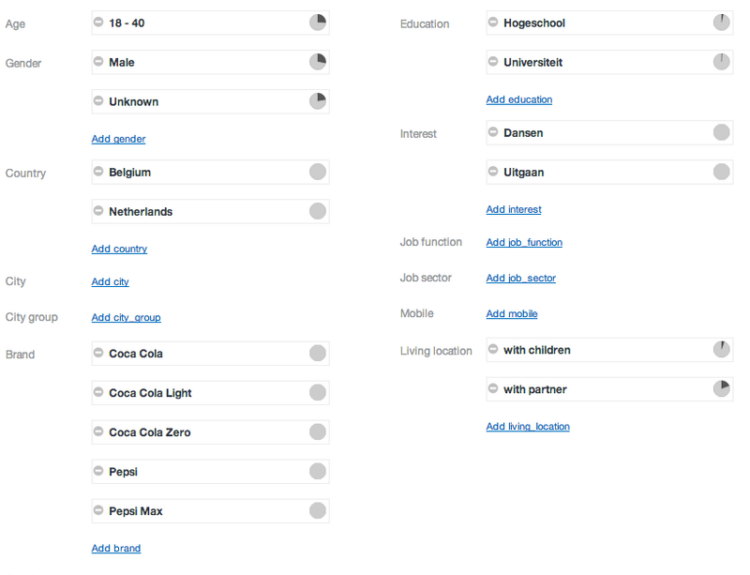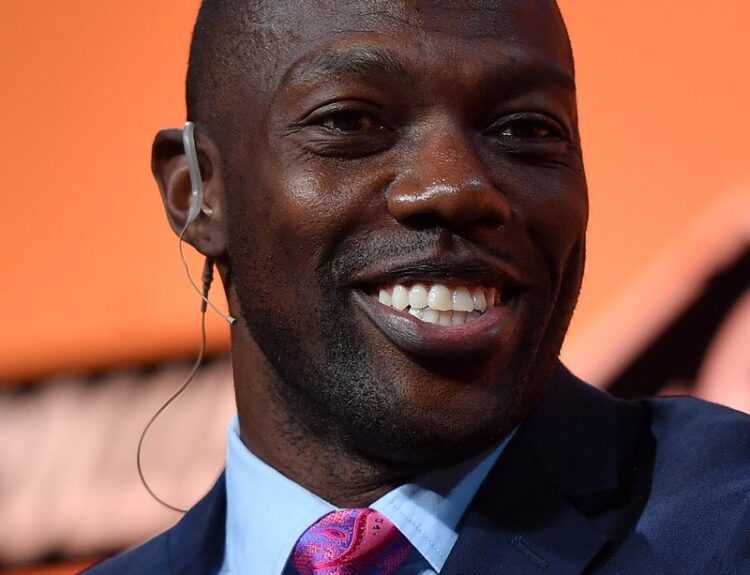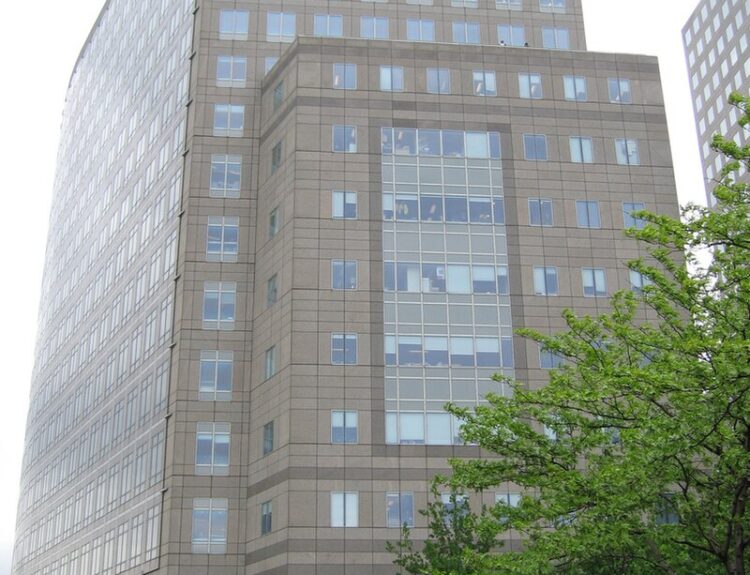Prestigious schools face talent exodus as athletes chase bigger paydays and enhanced facilities.
- Ivy League basketball players are transferring to other schools for better opportunities.
- Top players are leaving prestigious institutions for programs with better facilities and potential endorsement deals.
- The Ivy League’s strict policies on scholarships and transfers are being challenged by the evolving landscape of college sports.
- Players like Malik Mack and Chisom Okpara have left Ivy schools for programs like Georgetown and Stanford.
- The Ivy League is struggling to adapt to the new economic realities of college athletics.
In recent months, a notable trend has emerged in college basketball: top players from Ivy League schools are transferring to other programs. This shift is largely driven by the desire for better opportunities, including improved facilities and potential endorsement deals. For instance, Tyler Perkins, a basketball player at the University of Pennsylvania, opted to transfer to Villanova, prioritizing his athletic development over the prestigious Ivy League degree. He is not alone; several standout players have left their Ivy institutions for schools that offer more lucrative prospects. nnThe Ivy League, known for its rigorous academic standards and lack of athletic scholarships, has seen players like Malik Mack and Chisom Okpara leave for programs like Georgetown and Stanford, respectively. This exodus raises questions about the league’s ability to retain talent in an era where college athletes can profit from their skills. nnDespite the Ivy League’s long-standing mantra that education trumps athletics, the reality is that many players are now weighing the financial benefits of transferring against the value of an Ivy education. The league’s administrators are beginning to recognize the need to adapt to the changing landscape of college sports, where athletes are increasingly seeking financial opportunities. nnAs the competition for talent intensifies, Ivy League schools must find a way to balance their academic values with the new economic realities of college athletics. While some believe that the long-term benefits of an Ivy education outweigh short-term financial gains, the trend of players leaving suggests that the league may need to evolve to remain competitive.·
Factuality Level: 7
Factuality Justification: The article provides a detailed account of the recent trend of Ivy League basketball players transferring to other programs, supported by quotes and examples. However, it includes some opinions and perspectives that may introduce bias, and while it discusses the implications of NIL deals, it could benefit from more balanced viewpoints on the value of an Ivy League education versus athletic opportunities.·
Noise Level: 7
Noise Justification: The article provides a thoughtful analysis of the changing landscape of college basketball, particularly within the Ivy League, and discusses the implications of player transfers and NIL opportunities. It holds powerful institutions accountable by highlighting the challenges they face in retaining talent. The article stays on topic and supports its claims with quotes and examples from players and administrators. However, it could benefit from deeper exploration of long-term trends and potential solutions.·
Public Companies: Goldman Sachs (GS), Georgetown (), Stanford (), Michigan (), Saint Louis (), Princeton ()
Key People: Tyler Perkins (Basketball Player), Malik Mack (Harvard Guard), Chisom Okpara (Harvard Teammate), Danny Wolf (All-Ivy Forward), Kalu Anya (Basketball Player), Jordan Dingle (Ivy League Player of the Year), Richard Kent (Connecticut Attorney), John Mack (Princeton Athletic Director), Tim Brosnan (Chairman of Georgetown Collective)
Financial Relevance: Yes
Financial Markets Impacted: The transfer of basketball players from Ivy League schools to other institutions with better facilities and potential endorsement deals impacts the financial landscape of college sports, particularly in terms of NIL (Name, Image, Likeness) opportunities and athletic scholarships.
Financial Rating Justification: The article discusses how top basketball players are leaving Ivy League schools for other institutions that offer better facilities and potential endorsement deals. This has an impact on the financial aspect of college sports as it involves the changing landscape of NIL opportunities and athletic scholarships, which affects the financial markets and companies involved in these opportunities.
Presence Of Extreme Event: No
Nature Of Extreme Event: No
Impact Rating Of The Extreme Event: No
Extreme Rating Justification: The article discusses the transfer of basketball players from Ivy League schools to other programs but does not mention any extreme events occurring in the last 48 hours.·
Move Size: No market move size mentioned.
Sector: All
Direction: Down
Magnitude: Large
Affected Instruments: Stocks
 www.wsj.com
www.wsj.com 





